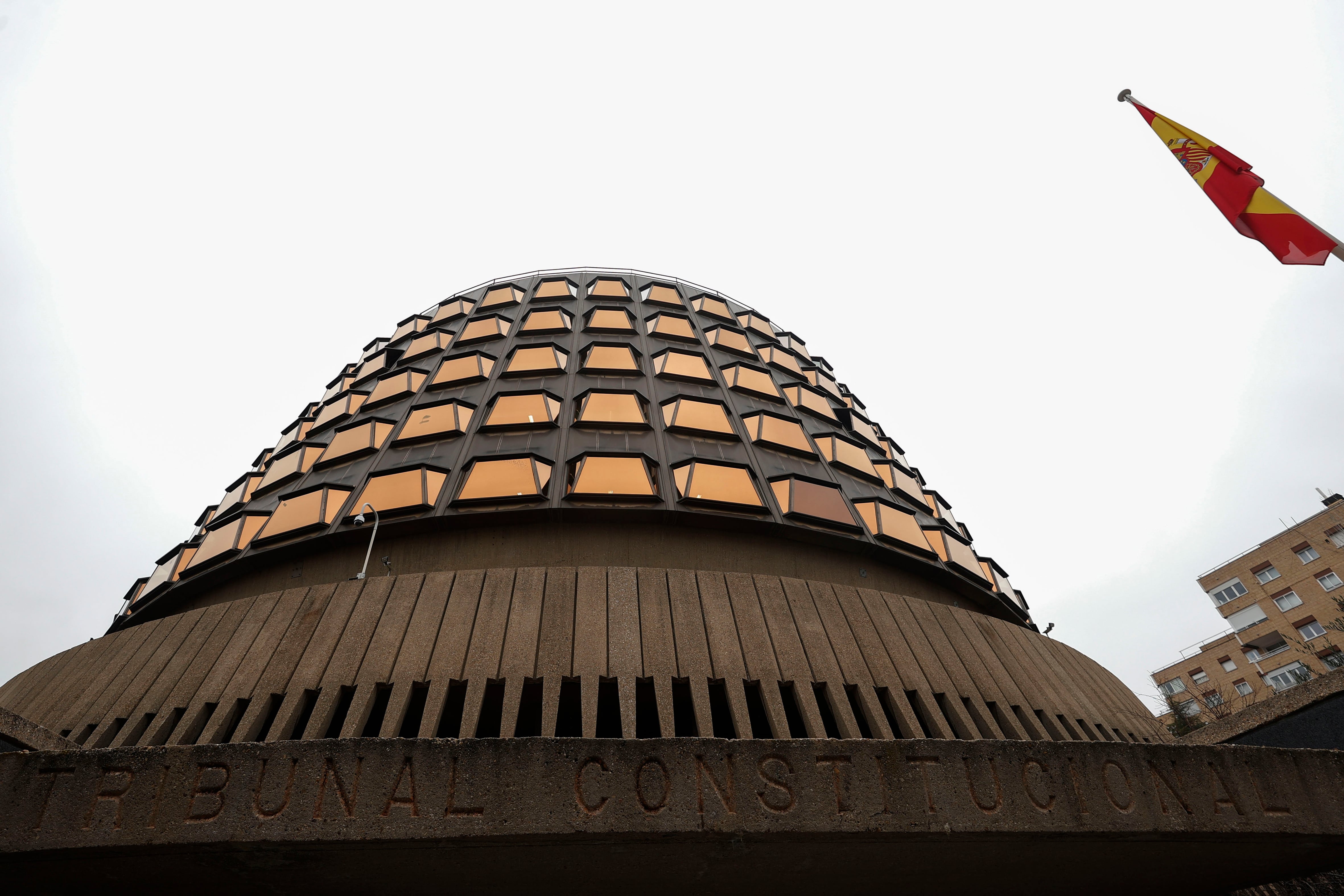The Government approves the reform that disconnects the appointment of the Attorney General of the duration of the Legislature | Spain

The Government plans to approve on Tuesday the reform of the norm that regulates the functioning of the fiscal career To adapt it to the new Criminal Procedure Law (LECrim)which leaves the instruction of the criminal cases in the hands of the prosecutors. One of the main novelties of the draft that arrives today to the Council of Ministers, to which the country has had access, is that the mandate of the State Attorney General will no longer coincide with that of the Government, but that the Head of the Public Ministry will be chosen for a period of five non -renewable years. In addition, the Executive may not instruct the Attorney General on any matter and communications between this and the Government will be public and must be carried out in writing.
The writing of a new Organic Statute of the Fiscal Ministry It was already planned in the framework of the Reform of the Lecrim, before the current head of the Public Ministry, Álvaro García Ortiz, was investigated for a crime of revelation of secrets linked to the couple of Isabel Díaz Ayuso. Both the General Council of the Judiciary (CGPJ) and the Prosecutor’s Office themselves had claimed that the future text shield the autonomy of the Public Ministry and its government independence to prevent prosecutors from receiving external pressures during the instruction of criminal cases. « It is imperative to strengthen the independence of the Public Ministry both in its external dimension, so that it is not subject to orders or instructions of any kind taught by third parties and is protected from interference or external pressures, as in its internal dimension, introducing counterweights appropriate to the organic principles of hierarchy and of action unit, » The CGPJ pointed out in the report on approved last Decemberwhich endorsed the law that converts prosecutors into instructors.
The text that arrives on Tuesday to the Council of Ministers Reforms several aspects of the current statute to meet these demands, which had also been claimed by the group of states against corruption (Greco). This body dependent on the Council of Europe has not been warning in its reports of the need to reform the Statute of the Fiscal Ministry, above all, regarding the coincidence in the mandate of the Attorney General and that of the Government, understanding that the current regulation can affect the perception of independence.
The draft drafted by the government breaks that link. The State Attorney General will continue to be appointed by the Executive, but his term will no longer be linked to the Legislature and the Head of the Public Ministry will not cease with the Government that appointed him, contrary to what is happening now. The text contemplates for the Attorney General a non -renewable five -year mandate, except in case it has held the position for less than a year. If the attorney general, for some reason, ceases before his mandate is fulfilled, his successor will have a mandate that will not exceed the time to remain to exhaust the five years.
This change implies that when the government is constituted after general elections or a motion of censure, the attorney general appointed by the previous one will be inherited. To avoid temptations of dismissal in the event that the new executive disagree with the attorney’s line, the draft maintains the appraised for cessation of the head of the Public Ministry, and in the event that the Government intends to dismiss it by serious or repeated breach of its functions (one of the causes of cessation planned now), it will require a previous report of the CGPJ.
The new text also aims to strengthen the autonomy of prosecutors by prohibiting the central government or autonomic from promoting any type of action by the Prosecutor’s Office. In addition, the Attorney General may not be called to appear before the Council of Ministers and communications between the Attorney General and the Government must be carried out in writing and will be public. The appointment, promotion and sanctions of the main prosecutors is attributed to the Attorney General and not to the Government as until now.
While these measures are mostly intended to strengthen the autonomy of the Attorney General, the draft also contemplates changes that will reduce the power of head of the Public Ministry within the race. Thus, the text limits the discretion of the attorney general to impart instructions in specific procedures, since it will require the consensus of the prosecutor of the Supreme Court or the prosecutor of the head of the section to which it corresponds. In addition, the current article 27 of the Statute is modified to expand the power of the Board of Prosecutors of the Chamber against the discretion of the Attorney General, so that, when resolving the discrepancies of criteria, the Board of Prosecutors may impose its position on that of the Head of the Public Ministry If you support it at least the three fifths of its members.
The draft also collects changes in the statute to adapt it to the new role that prosecutors will have as instructors of judicial investigations. The text contemplates that the Fiscal Ministry will direct the Judicial Police in its crime investigation functions; The appointment is regulated by the chief prosecutor, the prosecutor or prosecutors in charge of the investigation in each case, as well as the rules of the investigation; and the regime of abstention and challenge of prosecutors is set, which will be the same as that of judges and magistrates regulated in the Organic Law of the Judiciary.
The reform of access to the judicial career
The meeting of the Council of Ministers on Tuesday also provides for the vote, in the second round, of the reform of the Organic Law of the Judiciary (LOPJ) for the extension and strengthening of the judicial and fiscal careers, which provides Changes in the current opposition system and contemplates increasing the number of judges by speeding up access by the so -called Fourth Shift (reserved for renowned jurists) and ending the situation of interinity of hundreds of substitute judges.
The new text comes after the preceptive reports of the CGPJ, the Fiscal Council and the State Council, of which only the latter has given a generalized guarantee to the preliminary draft. The writing that will finally be sent to Congress introduces some changes in technical aspects, such as the elimination of the forced contest for judge’s rise to magistrate or attending historical requests of the CGPJ, such as the elimination of the phase of replacement and reinforcement of the judges in practices.
For the rest, the bill maintains some of the precepts that questioned the CGPJ or the prosecutor’s advisory body, such as the requirement that all the judges who exercise as opponent trainers ask for compatibility to prepare the candidates for the race – currently only have to ask for those who exceed a certain number of hours; or the forecast of an extraordinary process to consolidate the situation of hundreds of substitute judges, a bag now composed of 913 people – more than 70% women – who, in some cases, have been more than two decades exercising as judges chaining temporary contracts.








